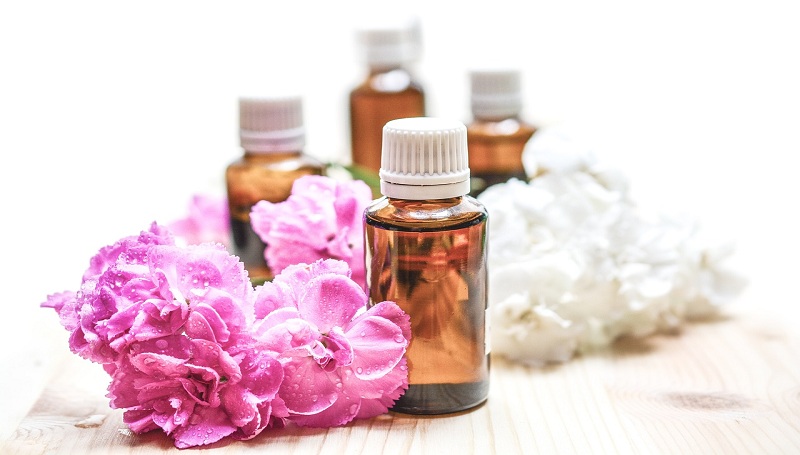How To Remove Skin Pigmentation?
What is Skin Pigmentation?
Skin Pigmentation simply means coloring of the skin. The color of your skin is determined by pigment referred to as melanin which is made from special cells in the skin. If these cells, located at the epidermis or the outer skin layer, become unhealthy or injured, melanin production could be altered resulting to pigmentation disorders in some areas on your skin or over your entire body.
Types of Skin Pigmentation
Hyperpigmentation: this is a dark skin complexion resulting from excessive production of melanin. Common causes resulting to hyperpigmentation include exposure to the sun, pregnancy or Parkinson’s disease.
Hypopigmentation: this is a skin condition that occurs if your body produces little amount of melanin, making your skin lighter. Light-skinned individuals can get patches on their skin, a condition referred to as Vitiligo. A genetic condition known as albinism can make a person have no color, appear lighter than normal, or have patchy missing skin color. You can as well get a light skin from infections, blisters or burn.
Causes of Skin Pigmentation Disorders
There are several causes of pigmentation, including overexposure to the sun, heredity, hormonal imbalances, picking at the skin, certain medications such as antibiotics, hormone treatment and anti-seizure medications, inflammation as well as injuries to the skin such as acne. Hypopigmentation can result from burns, infections, scrapes, pimples or any other skin injuries that cause scarring. Improper administration of skin resurfacing treatments, including laser peels, chemical peels, or Photofacials can as well cause hypopigmentation.
Symptoms of Skin Pigmentation
Common signs that indicate you have a pigmentation disorder include:
- Skin discoloration
- Dry skin
- Flaky skin
How to Treat Skin Pigmentation?
Home remedies, skin care products, and prescription medicines are the main approaches in the treatment of skin pigmentation. In case home remedies and skin care products fails in treating skin pigmentation, you may be compelled to contact your doctor for professional treatment approaches which include:
Prescribed creams: some creams block production of melanin along with a chemical referred to as hydroquinone that lightens the skin. Some of these creams can cause irritation and redness before their true benefits are attained.
Depigmentation peels or masks: these consists of chemicals peels for lightening your skin. Their ingredients block the production of melanin and lighten your skin where it is darker. The treatment begins at doctor’s office and continues at home with prescription creams. Your skin may peel off during the prescription period.
IPL and Laser treatments: they are usually tried for the first two weeks within which if there are no changes, the doctors switch to more drastic measures. IPL treatment utilizes fine light to target dark spots on the skin, making them to scab and fall off. Laser treatment is used to remove a damaged layer of the skin, giving way for a new one.
Skin Pigmentation Disorders and their Home Remedies
Melasma: this is a skin pigmentation disorder that appears on the face as tan or brown patches, mostly on the forehead, upper lip, cheeks, nose or the chin. The condition is prevalent in pregnant women although men can get melasma as well. Home remedies include the application of Aloe Vera juice or gel which should be left for 15 minutes before washing it off. Skin of an orange and turmeric powder mixture can also be used to deal with melasma. Wearing a sunscreen all the time is important since the condition can worsen with sun exposure.
Vitiligo: this happens when the immune system attacks the pigment cells leading to loss of pigment. In turn, this leads to smooth white skin patches most usually around the eyes, mouth or on the back of the hands. Home remedies include keeping off from sour foods, consuming water kept overnight in a copper vessel, or applying a mixture of turmeric powder or ginger juice.
Post inflammatory hyperpigmentation or hypopigmentation: these results from blisters, burns, scarring or sun burns. Home remedies include almonds paste, mashed papaya masks, tomato juice mixed with oatmeal or lemon juice.
Albinism: this is a genetic condition which cannot be treated using conventional medicines, let alone home remedy.
Other Treatment Options
Alternative treatment options include plastic surgery, dermabrasion, chemical peels, and laser treatment. It is important to have a comprehensive understanding of any treatment approach used in the treatment of pigmentation disorders. This will give an insight of the worst that can happen and assist you to make the right choice for benefits and consequences you might end up with.
Final Solution
Pigmentation disorders can be caused by a number of factors, some of which can be avoided. With sun being the most common of skin disorders, including pigmentation, it is ideal to ensure that you avoid it as much as you can. Whenever a situation warrants that you should move outdoors, always ensure you are covered up and that you regularly use a sunscreen cream with a UVA/UVB protection SPF exceeding 15.




